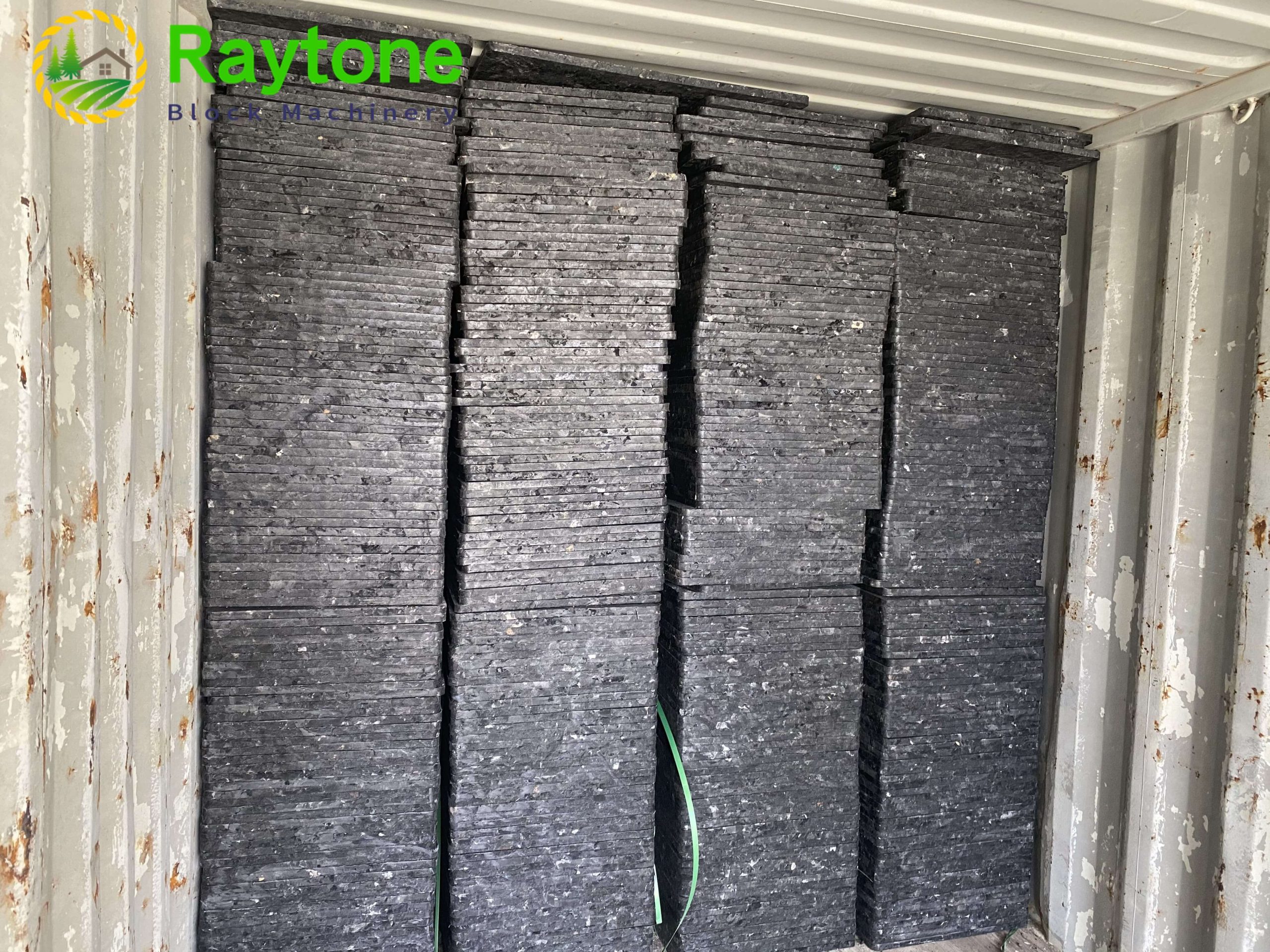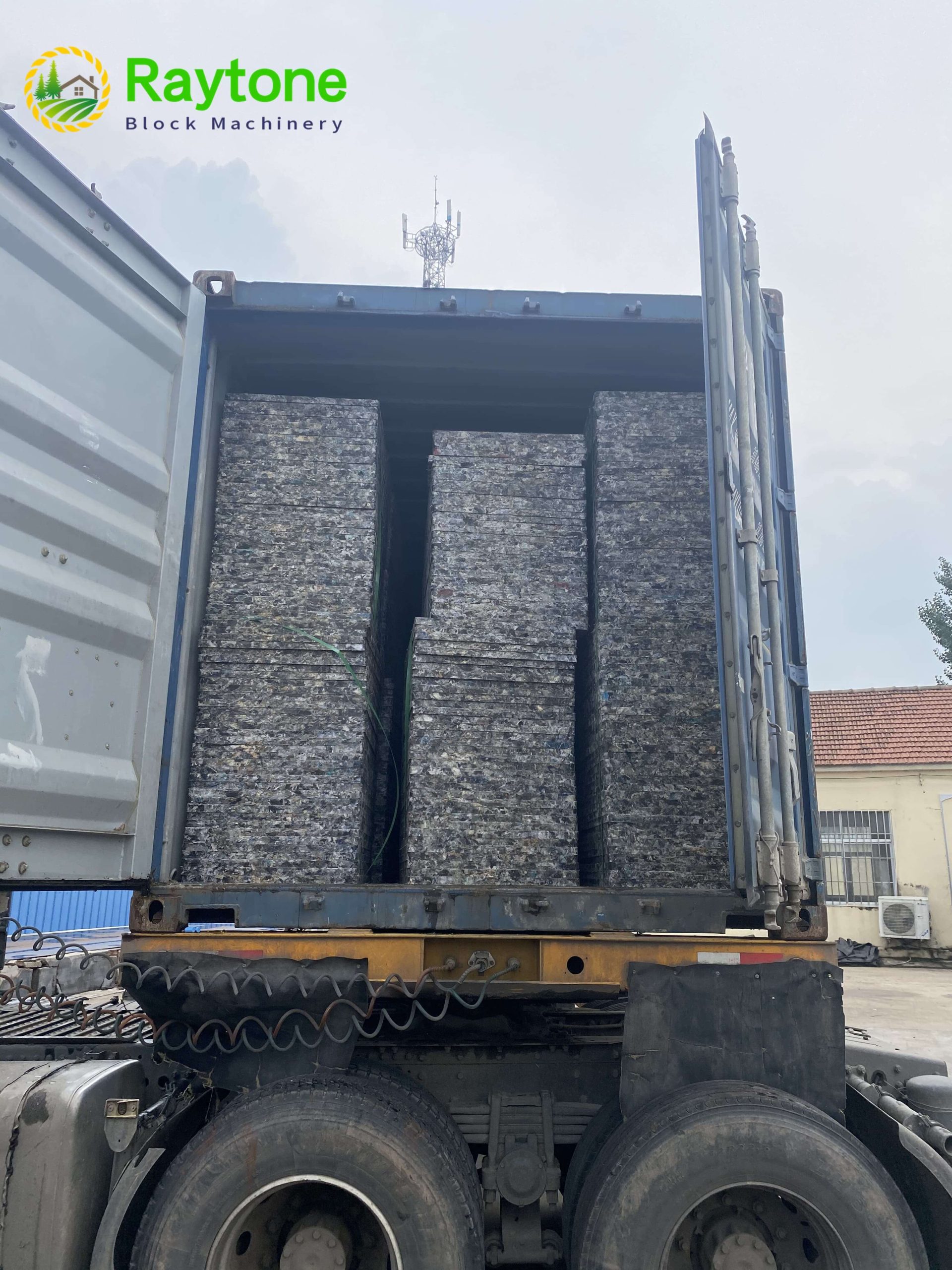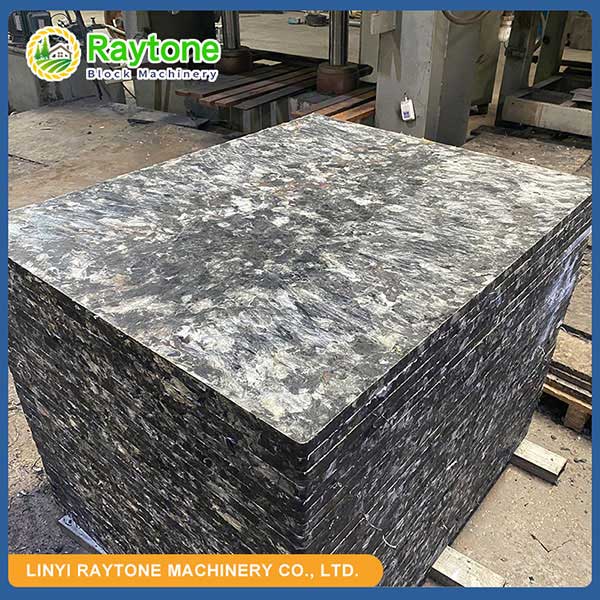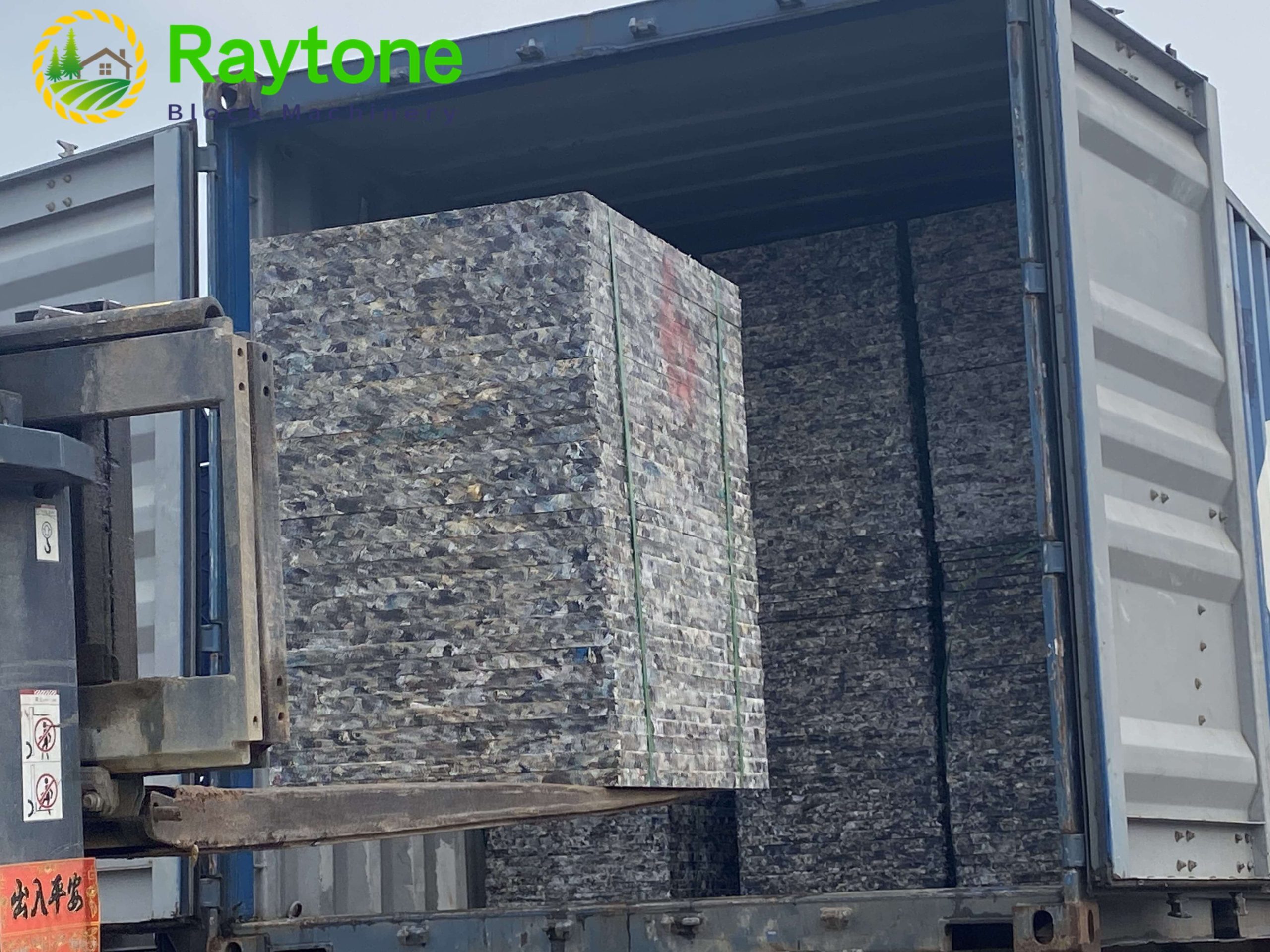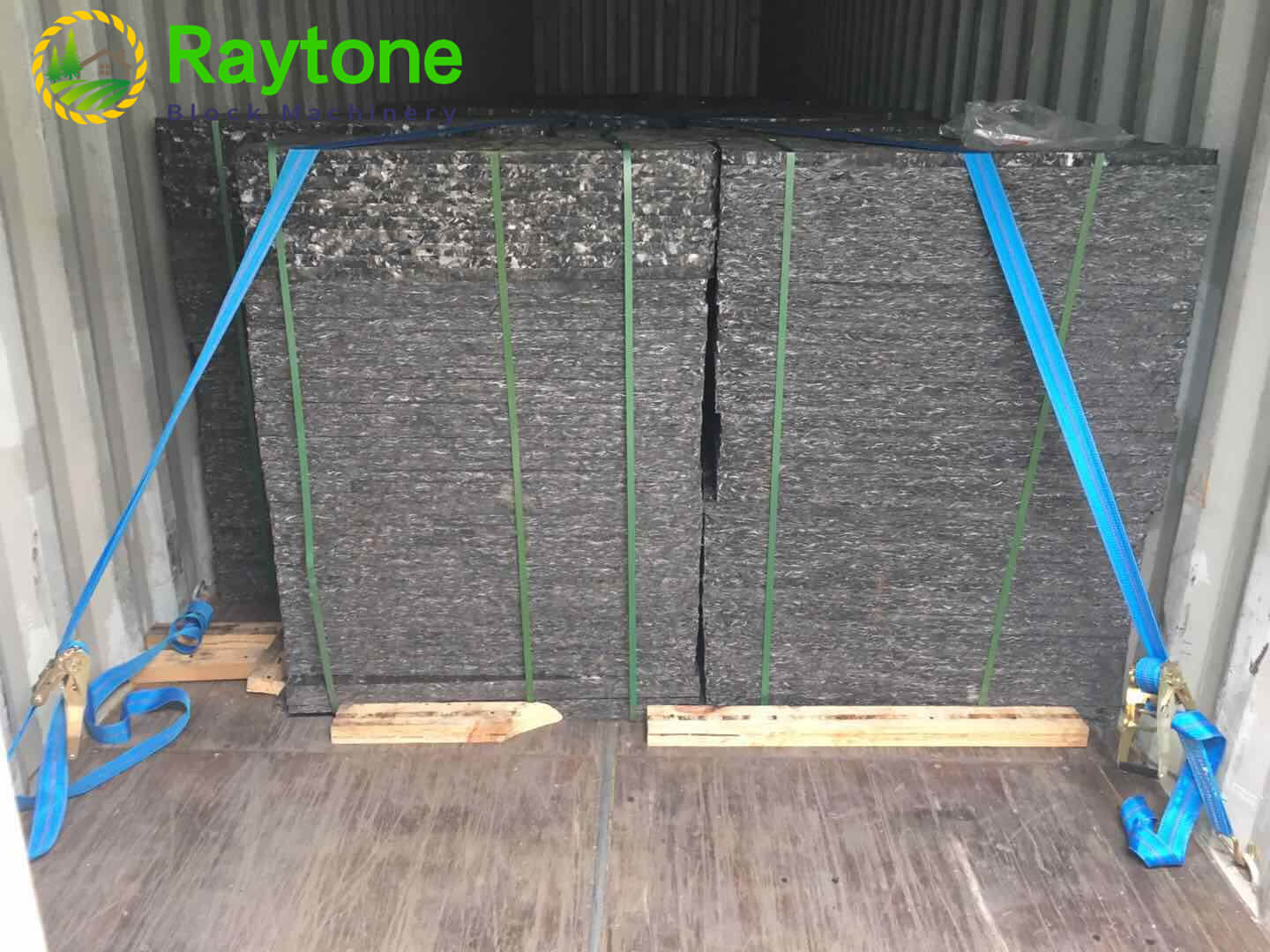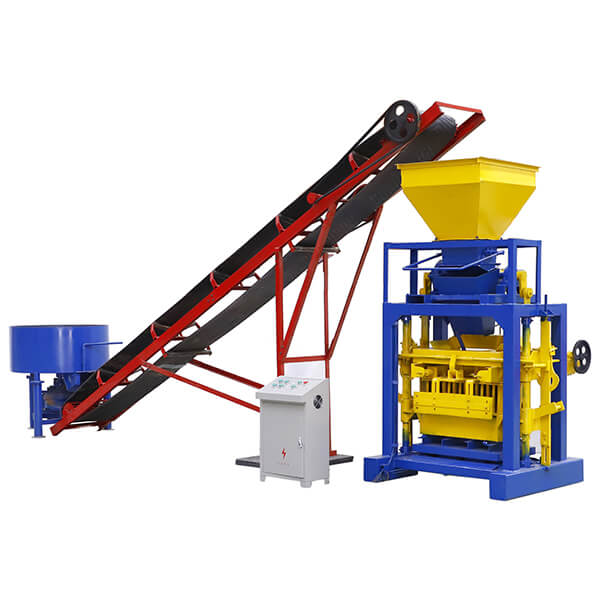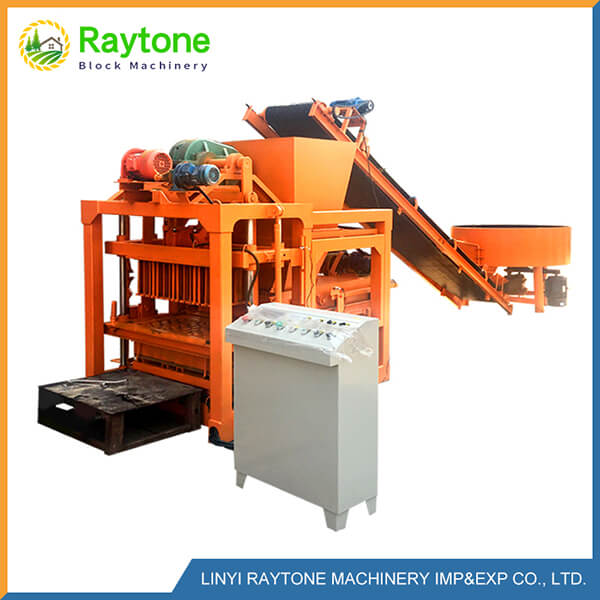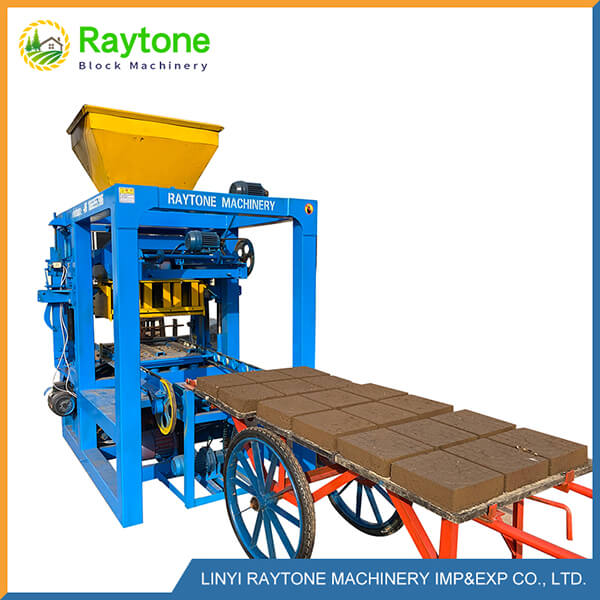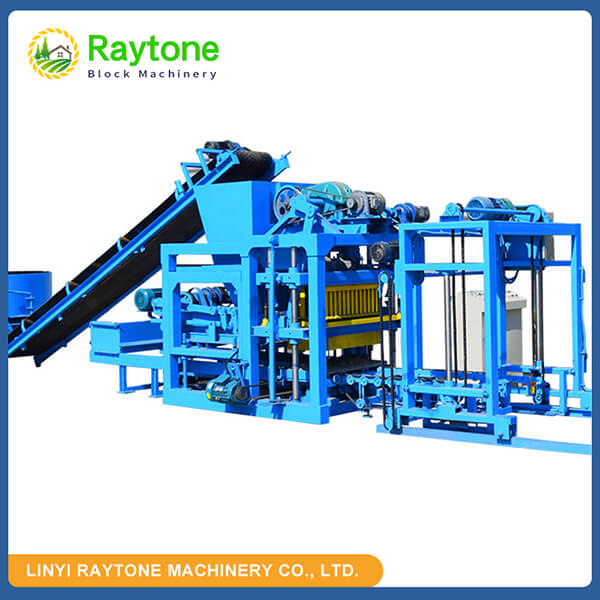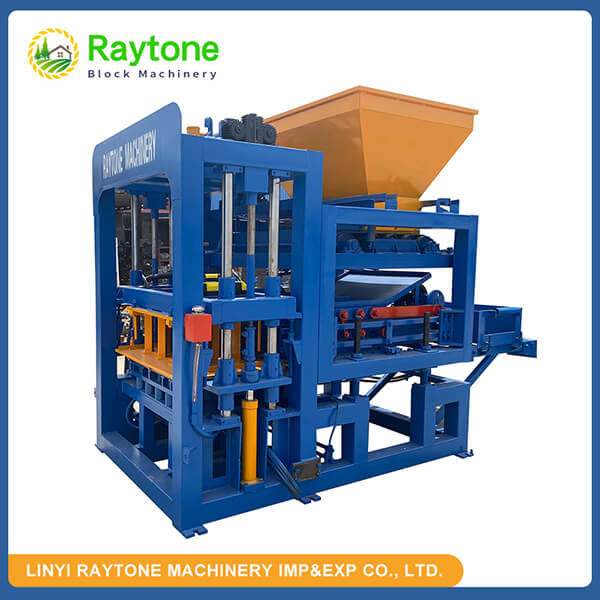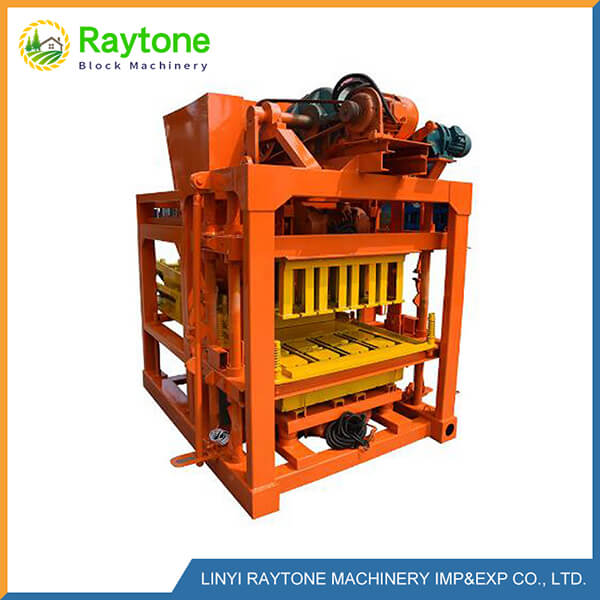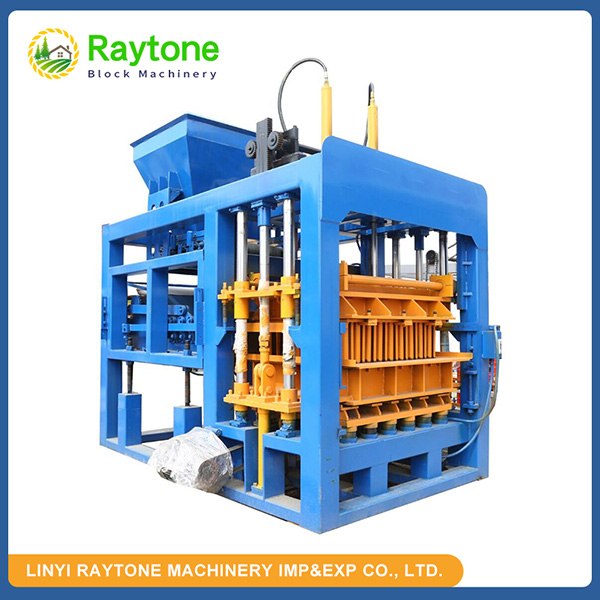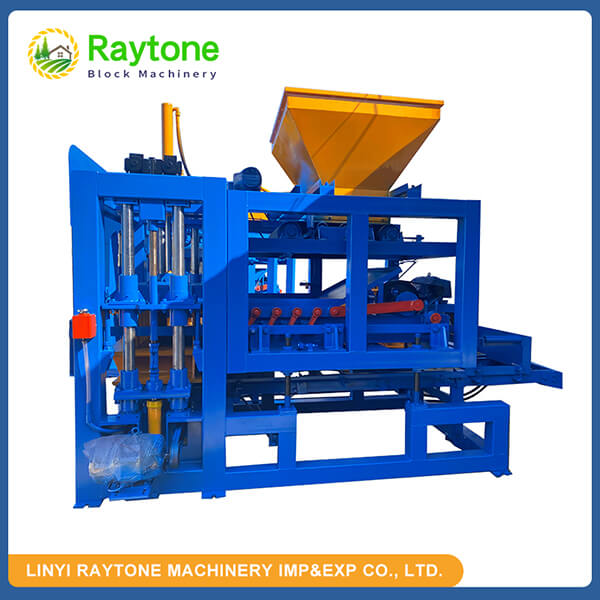Hollow block machines are essential tools in modern construction, offering a cost-effective and efficient way to produce high-quality building materials. This comprehensive guide will walk you through the ins and outs of using hollow block machines effectively, from understanding their basic operation to maximizing output and ensuring quality production. Whether you’re a seasoned contractor or new to the construction industry, mastering the efficient use of these machines can significantly boost your productivity and enhance the overall quality of your projects. By following the tips and techniques outlined in this guide, you’ll be well-equipped to harness the full potential of your hollow block machine, streamline your production process, and achieve superior results in your construction endeavors.
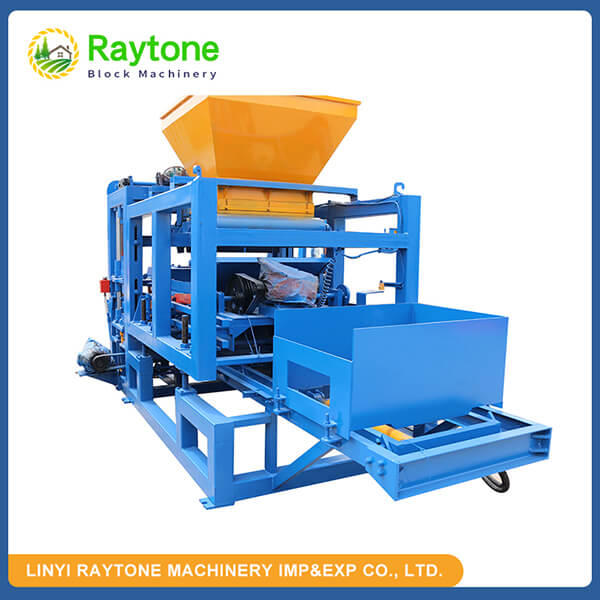
Understanding Hollow Block Machines
Types of Hollow Block Machines
Hollow block machines come in various types, each designed to meet specific production needs. The most common types include stationary machines, mobile machines, and fully automated systems. Stationary machines are ideal for large-scale production facilities, offering high output capacity and consistency. Mobile machines provide flexibility, allowing for on-site block production and reducing transportation costs. Fully automated systems integrate cutting-edge technology to minimize human intervention and maximize efficiency.
Key Components and Their Functions
To operate hollow block machines effectively, it’s crucial to understand its key components. The main elements include the mixer, which blends raw materials; the mold box, where the blocks are formed; the vibration system, which ensures proper compaction; and the hydraulic system, responsible for applying pressure during the molding process. Familiarizing yourself with these components and their functions will enable you to troubleshoot issues quickly and maintain optimal performance.
Selecting the Right Machine for Your Needs
Choosing the appropriate hollow block machine depends on several factors, including your production volume, available space, and budget. Consider the machine’s output capacity, mold versatility, and energy efficiency. Additionally, evaluate the level of automation that best suits your operation. Some manufacturers, like Raytone Machinery, offer a range of options from manual to fully automatic block machines, catering to diverse requirements in the construction industry.
Optimizing Machine Operation
Proper Material Preparation
The quality of your hollow blocks starts with proper material preparation. Ensure that your raw materials, typically a mixture of cement, sand, and aggregates, are of the right consistency and proportions. Use high-quality ingredients and follow the recommended mix ratios for your specific machine model. Proper material preparation not only enhances block quality but also reduces wear and tear on the machine components.
Calibrating Machine Settings
Achieving optimal performance from your hollow block machines require precise calibration. Adjust the vibration frequency and amplitude to ensure proper compaction without compromising block integrity. Fine-tune the hydraulic pressure settings to achieve the desired block density and strength. Regular calibration checks and adjustments will help maintain consistent quality and efficiency in your production process.
Implementing Efficient Production Cycles
To maximize output, develop and implement efficient production cycles. This involves optimizing the timing of each stage, from material feeding to block ejection. Minimize downtime between cycles by ensuring a steady supply of raw materials and coordinating the removal of finished blocks. Train your operators to work in sync with the machine’s rhythm, creating a smooth and continuous production flow.
Maintenance and Troubleshooting
Regular Maintenance Schedules
Creating and following a structured maintenance routine is essential for keeping your hollow block machine running efficiently and extending its service life. Daily inspections should cover oil levels, lubrication of all moving parts, and checking for any early signs of wear. Weekly or monthly, more thorough assessments should be conducted, including tightening fasteners, examining belts and hydraulic systems, and replacing worn components. Consistent adherence to maintenance schedules reduces downtime, prevents unexpected breakdowns, and ensures the production of uniform, high-quality blocks.
Common Issues and Solutions
Even with diligent maintenance, hollow block machines can experience operational issues. Typical problems include blocks forming unevenly, molds sticking to the mixture, or inconsistent mix density affecting block strength. Address these by adjusting vibration intensity, checking mold alignment, or ensuring components are not excessively worn. Mold sticking often benefits from proper lubrication or adjusting the moisture level of the concrete mix. Understanding these common challenges and their practical solutions helps maintain smooth production and consistent block quality, minimizing costly delays.
Upgrading and Modernizing Equipment
To enhance efficiency and remain competitive, periodically evaluate opportunities to upgrade your hollow block machine. Upgrades may include retrofitting machines with advanced electronic controls, installing more durable mold components, or adding auxiliary equipment such as automated block handling systems. Incorporating modern features can streamline production, reduce labor costs, and improve block consistency. Staying updated on the latest technological advancements allows you to optimize your operations, enhance output, and maintain high-quality standards in an evolving construction materials market.
Conclusion
Mastering the efficient use of hollow block machines is a crucial step in enhancing your construction capabilities. By understanding the intricacies of these machines, optimizing their operation, and maintaining them properly, you can significantly boost your productivity and product quality. Remember, the key to success lies in continuous learning and adaptation to new technologies and techniques in the ever-evolving construction industry.
Contact Us
At Raytone Machinery, we’re committed to providing top-quality hollow block machines and expert support to elevate your construction projects. Our range of products, from manual to fully automatic block machines, is designed to meet diverse needs while ensuring excellent value. Experience the Raytone difference in performance, reliability, and cost-effectiveness. For more information or to discuss your specific requirements, contact us at hazel@raytonechina.com. Let’s build a stronger future together!
References
- Johnson, A. (2022). “Advanced Techniques in Hollow Block Production.” Construction Technology Review.
- Smith, B. & Brown, C. (2021). “Optimizing Efficiency in Block Manufacturing.” Journal of Construction Materials.
- Thompson, D. (2023). “Maintenance Best Practices for Concrete Block Machines.” Industrial Machinery Maintenance Quarterly.
- Lee, E. et al. (2022). “Comparative Analysis of Automated vs. Manual Block Production Systems.” International Journal of Construction Engineering.
- Garcia, M. (2021). “Innovations in Hollow Block Machine Design.” Construction Equipment Technology.
- Wilson, R. (2023). “Environmental Impact Assessment of Modern Block Production Methods.” Sustainable Construction Practices Review.


